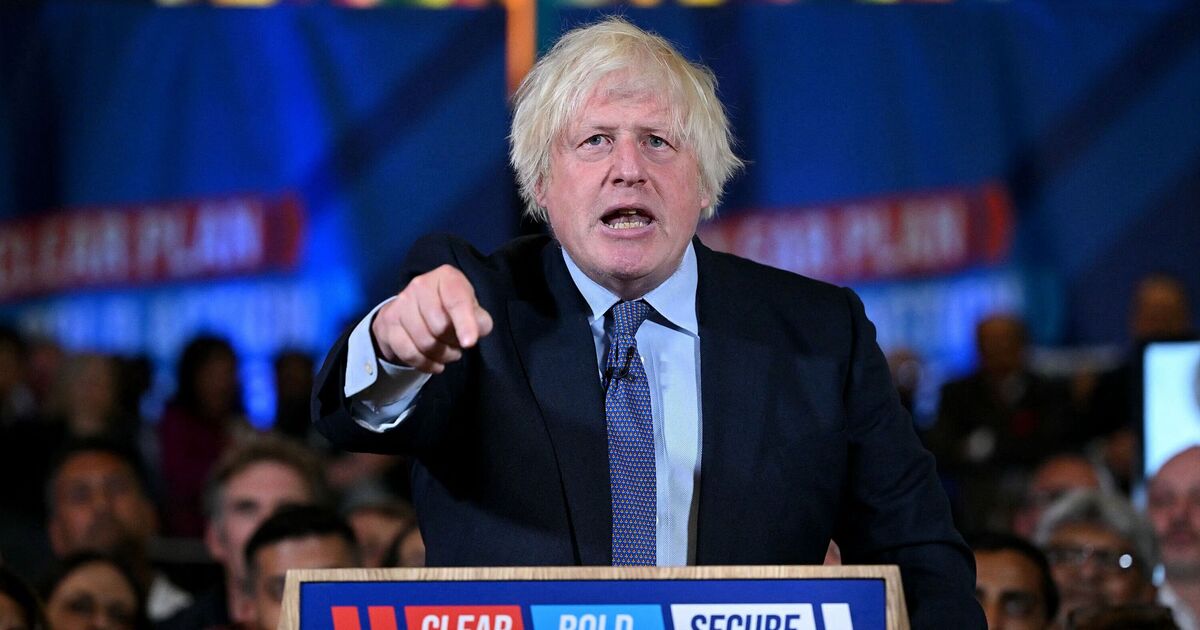Boris Johnson has called for Britain to reconsider its approach to Taiwan, arguing that the case for recognising the island’s statehood is “far more robust” than that of Palestine. The former prime minister made the comments during his first visit to the democratic east-Asian island.
Addressing reporters at a press meeting in the heart of Taipei, Mr Johnson drew a direct comparison between Taiwan and Palestine. “There is an analogy,” he said, referencing recent developments in British foreign policy.
Just last week, Sir Keir Starmer, who succeeded Mr Johnson as prime minister, announced that Britain was prepared to recognise Palestinian statehood by September . This move would depend on Israel taking tangible steps to increase aid into Gaza, committing to a lasting peace plan based on a two-state solution, and confirming there would be no annexation of the West Bank.
What is China’s claim to Taiwan?
China continues to claim Taiwan as part of its territory and has not ruled out using force to achieve unification. In recent years, Beijing has ramped up military pressure on the island and encouraged Taiwan’s few remaining allies to sever diplomatic ties. Currently, only 12 countries officially recognise Taiwan.
While Britain does not formally recognise Taiwan as a state, it maintains a permanent presence in Taipei. Mr Johnson pointed to international law, saying: “Under the Montevideo Convention in 1933, the claim of Taiwan to be recognised by the British state is far more robust,” drawing a comparison with Palestine’s claim.
What is Taiwan’s claim to statehood?
The Montevideo Convention sets out four key criteria for statehood: a permanent population, defined territory, government, and capacity to enter into relations with other states.
“They actually have a recognised government, they actually have boundaries that they control. They actually have a proper democratic system,” Mr Johnson said about Taiwan. “None of which you could say about Palestine,” he added.
Mr Johnson is now the third former British prime minister to visit Taiwan, following in the footsteps of Liz Truss in 2023 and Margaret Thatcher in 1992 and 1996.
He did not hold back in his criticism of China’s actions towards Taiwan. “It does not deserve to be intimidated in this way. There’s no point in it and I hope it stops as soon as possible,” he said. Mr Johnson accused Beijing of trying to coerce Taipei through so-called “grey zone” tactics—sending boats into Taiwanese waters and planes into its airspace.
Since the end of China’s civil war, Taiwan has blossomed into a vibrant democracy. Election campaigns are known for their lively displays, with candidates parading around town accompanied by giant balloon versions of themselves or even dressing up as local snacks to win over voters.
Does Taiwan have a counter-claim?
Although Taiwan’s constitution still claims all of mainland China as its territory, constitutional amendments over time have limited its de facto borders to the main island and several smaller ones nearby.
Most people in Taiwan now identify as Taiwanese rather than Chinese. Despite this distinct identity, many prefer maintaining peaceful relations with China rather than making any formal declaration of independence—a stance shaped partly by concern over Beijing’s potential response.
Taiwanese president Lai Ching-te has repeatedly stated that his country is already a sovereign state and does not need to declare independence from China.
Mr Johnson summed up his views: “The ambitions and requests of the people of Taiwan are extremely modest. All they’re asking for is the right to be left in peace as a free democratic country and not bullied or coerced.”

